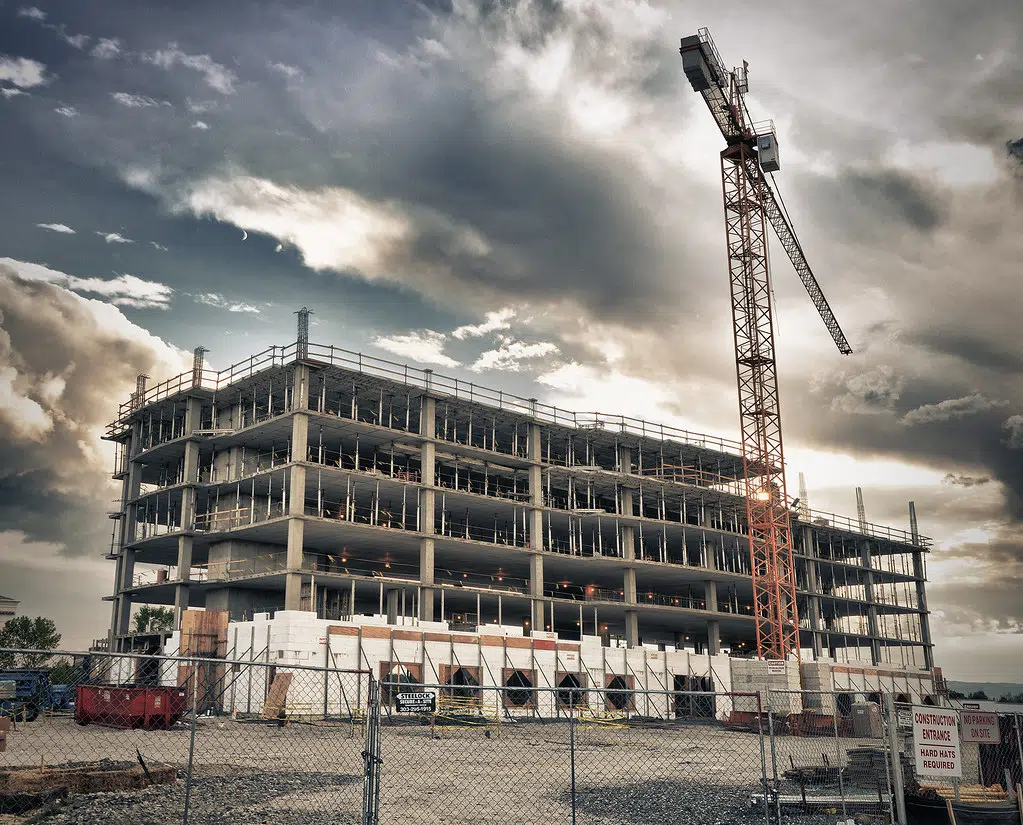Proposed plans for city-built housing aren’t viable, according to a report to Quinte West Council from the Director of Planning and Development Services.
During Wednesday’s council meeting, Director of Planning and Development Services Brian Jardine delivered a report on the status of housing in Quinte West. The report was specifically called to assess the feasibility of a suggestion made to council by a resident to have the municipality build and rent out affordable housing.
The original suggestion called for the municipality to erect small, self-contained, modular homes to be rented at affordable rates to those having trouble affording rent or lacking housing in the community.
His report showed some of the challenges such a plan would face.
One major obstacle is that the municipality lacks resources, both staff and financial, to take on the role of a residential landlord.
The report also found that the municipality lacks land holdings of the size needed for the project, and would have to acquire the land to do so at significant cost.
Another obstacle highlighted in his report was the cost of construction, which the report said was outside the scope of the municipality’s finances and resources.
Ultimately, the report concluded that while the municipal government is required by law to provide area for housing development, and though the municipality’s official plan is prioritizing redevelopment, higher density construction and green field urban expansion, it is not the municipality’s responsibility to build the homes directly. Expanding into that role would require a large amount of funding.
While private sector development is the primary source of new homes in the area, construction has been slowing down. Home construction peaked in 2019. Since then, new home construction has averaged at 236 units annually. To date in 2023, the city has issued 213 building permits for residential units. Director Jardine’s report identifies economic factors as a primary cause for the slowdown in new developments, despite availability of sites to build on and building permits being issued. The trend affects both single detached homes, and higher density apartments and condominiums which are needed to address housing shortfalls.
After Director Jardine’s presentation to council, Councillor Zach Card said there wasn’t going to be a quick and easy solution to the problem.
“We have hundreds of shovel-ready projects that are ready for building permits to be pulled on, but macroeconomic forces and inflation are holding us back, and it’s heartbreaking I’m sure to our citizens to hear that,” said Councillor Card. “We can’t obviously compel builders to build and I just hope that the province and the federal government can figure out a plan to facilitate more building.”
The report also addresses the high cost of rent in the area, determining that market forces determine the cost of rent, and that the municipality doesn’t have much ability to directly influence the cost to rent property in the area. Increasing the density of housing development through zoning and municipal policies will impact the supply of smaller homes, yet the actual cost of the homes to rent or buy will still be determined by the larger housing market.
In its conclusions the report did identify federal and provincial funding as a way to gain the resources needed to strengthen the availability of local affordable housing, through partnerships with local providers of social housing like Hastings County or through partnerships with local developers.






